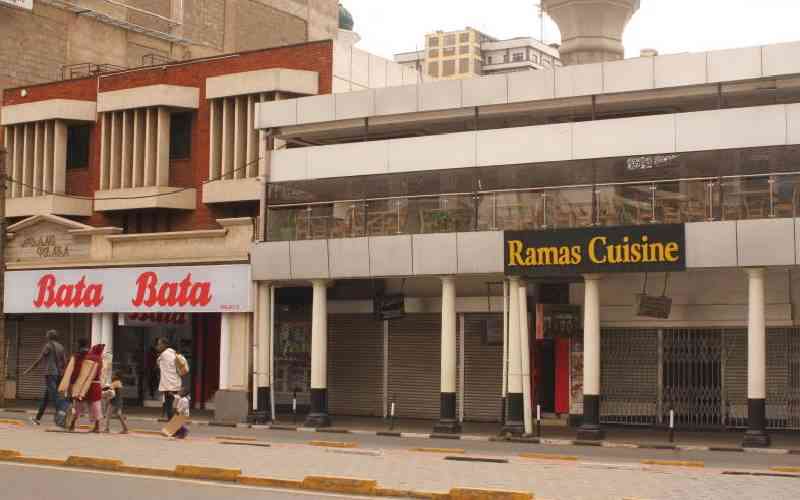×
The Standard e-Paper
Home To Bold Columnists

Kenya's economy received a beating in July from political unrest that dampened output and sales for businesses, a survey shows.
The Purchasing Managers Index (PMI) by Stanbic Bank paints a worsening picture on the metric of output and demand as businesses noted reduced cash flow, falling new orders and political unrest behind the decrease in activity.